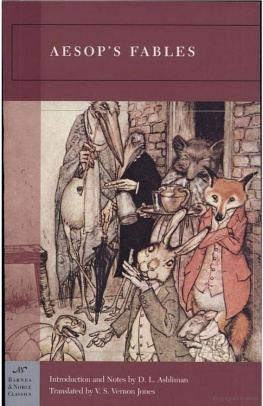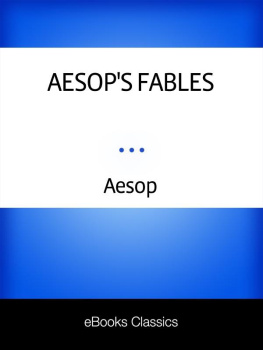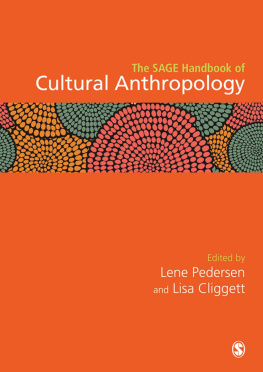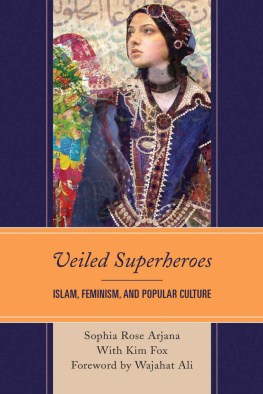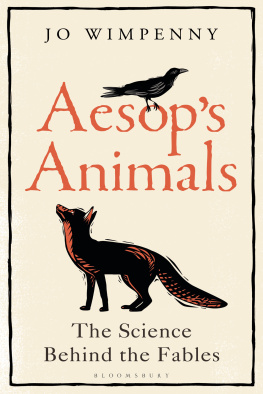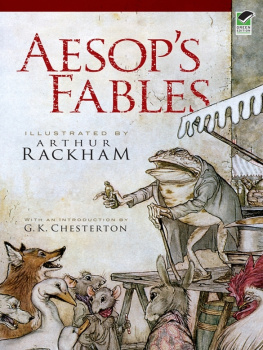AESOPIC CONVERSATIONS

MARTIN CLASSICAL LECTURES
The Martin Classical Lectures are delivered annually at Oberlin College through a foundation established by his many friends in honor of Charles Beebe Martin, for forty-five years a teacher of classical literature and classical art at Oberlin.
John Peradotto, Man in the Middle Voice: Name and
Narration in the Odyssey
Martha C. Nussbaum, The Therapy of Desire: Theory and
Practice in Hellenistic Ethics
Josiah Ober, Political Dissent in Democratic Athens:
Intellectual Critics of Popular Rule
Anne Carson, Economy of the Unlost (Reading Simonides
of Keos with Paul Celan)
Helene P. Foley, Female Acts in Greek Tragedy
Mark W. Edwards, Sound, Sense, and Rhythm:
Listening to Greek and Latin Poetry
Michael C. J. Putnam, Poetic Interplay: Catullus and Horace
Julia Haig Gaisser, The Fortunes of Apuleius and
the Golden Ass: A Study in Transmission and Reception
Kenneth Reckford, Recognizing Persius
Leslie Kurke, Aesopic Conversations : Popular Tradition,
Cultural Dialogue, and the Invention of Greek Prose
AESOPIC CONVERSATIONS

POPULAR TRADITION, CULTURAL DIALOGUE,
AND THE INVENTION OF GREEK PROSE
LESLIE KURKE
PRINCETON UNIVERSITY PRESS
PRINCETON AND OXFORD
Copyright 2011 by Princeton University Press
Published by Princeton University Press, 41 William Street, Princeton, New Jersey 08540
In the United Kingdom: Princeton University Press, 6 Oxford Street, Woodstock, Oxfordshire OX20 1TW
press.princeton.edu
All Rights Reserved
Library of Congress Cataloging-in-Publication Data
Kurke, Leslie
Aesopic conversations : popular tradition, cultural dialogue, and the invention of Greek prose / Leslie Kurke.
p. cm. (Martin classical lectures)
Includes bibliographical references and index.
ISBN 978-0-691-14457-3 (hardcover : alk. paper) ISBN 978-0-691-14458-0 (pbk. : alk. paper)
1. Greek prose literatureHistory and criticism. 2. Fables, GreekHistory and criticism. 3. Aesops fables. 4. AesopInfluence. 5. Popular cultureGreeceHistoryTo 146 B.C. 6. Popular culture and literatureGreeceHistoryTo 146 B.C. 7. Literary formHistoryTo 1500. 8. Literature and societyGreeceHistoryTo 146 B.C. I. Title.
PA3257.K87 2010
886.0109dc22 2010006842
British Library Cataloging-in-Publication Data is available
This book has been composed in Sabon
Printed on acid-free paper.
Printed in the United States of America
10 9 8 7 6 5 4 3 2 1
For my students
and in memory of NCBK

CONTENTS

CHAPTER 1
Aesop and the Contestation of Delphic Authority
CHAPTER 2
Sophia before/beyond Philosophy
CHAPTER 3
Aesop as Sage: Political Counsel and Discursive Practice
CHAPTER 4
Reading the Life: The Progress of a Sage and the
Anthropology of Sophia
CHAPTER 5
The Aesopic Parody of High Wisdom
CHAPTER 6
Aesop at the Invention of Philosophy
CHAPTER 7
The Battle over Prose: Fable in Sophistic Education and Xenophons Memorabilia
CHAPTER 8
Sophistic Fable in Plato: Parody, Appropriation, and Transcendence
CHAPTER 9
Aesop in Platos Skratikoi Logoi: Analogy, Elenchos, and Disavowal
CHAPTER 10
Histori and Logopoia: Two Sides of Herodotean Prose
CHAPTER 11
Herodotus and Aesop: Some Soundings
ILLUSTRATIONS

.
.
.
.
.
.
.
ACKNOWLEDGMENTS

I HAVE BEEN THINKING ABOUT and writing this book for a very long time, during which Ive benefited from innumerable conversations, formal and informal, with generous and inspiring interlocutors. So if this book is obsessed with the idea of dialogue, the meaningful back-and-forth of different voices and traditions over time, that is because such a process has been essential to its own making. So first, let me thank those interlocutors at the more formal end. To all the students who participated in two graduate seminars I taught on this materialone entitled The Invention of Greek Prose at Berkeley in Fall 1999, and a second on the Greek wisdom tradition at Princeton in Spring 2004I owe a debt of gratitude. Thanks also to the faculty and students who attended the series of four Martin Classical Lectures based on this material at Oberlin in spring 2005with special gratitude to my hosts, Tom Van Nort-wick, Kirk Ormand, and Benjamin Lee, and to the remarkable undergraduates of Oberlin.
At the more informal end, I have been incredibly fortunate in my colleagues and students; their ongoing challenges, support, provocations, conversations, and reading of endless drafts have integrally shaped and enriched my arguments, while many aspects of this project were inspired originally by their ideas, questions, and projects. Thanks in particular to Pavlos Avlamis, Tamara Chin, Carol Dougherty, Page duBois, Kate Gilhuly, Mark Griffith, Deborah Kamen, James Ker, Kathy McCarthy, Boris Maslov, Richard Neer, Lauri Reit-zammer, Laura Slatkin, and Hkan Tell. Additional thanks to Vicky Kahn for inviting me to contribute to a special issue of Representations and for forcing me to realize that mimesis was a key issue.
Following on the trail of Aesop and the Aesopic, I have in the course of writing this book transgressed many disciplinary boundaries and poached from foreign territoriesfor example, venturing into folklore studies, Roman wall painting, the Pli tradition of the Jtakas, and the domain of ancient philosophy for the Sophists, Xenophon, and Plato. In this last case especially I am acutely aware of how limited and inadequate my reading of the relevant scholarship has been (which I can do no more than acknowledge here as the necessary concomitant of this kind of project). But one of the great pleasures of such disciplinary poaching is the serendipitous help furnished by colleagues in other fields. Special thanks to those who provided guidance and insight as I was struggling to come to grips with Plato and the ancient philosophical tradition: Alan Code, G.R.F. Ferrari, Andrew Ford, Tony Long, Wolfgang Mann, David Sedley, and Christian Wildberg. Thanks also to a whole host of other scholars in different fields who gave me help or advice along the way: Danielle Allen, Mary Beard, Robin Fleming, Billy Flesch, Andrew Garrett, Rupert Gethin, Chris Hallett, Todd Hickey, Mike Jameson, Franois Lissarrague, Nikolaos Papazarkadas, Ted Pea, Laura Quinney, Alex von Rospatt, Ken Rothwell, Nancy Ruttenburg, Seth Schwartz, and Brian Stock. Even when the ground was more familiar (for example, in working on Herodotus), I have had my thinking shaped and changed by the advice, conversation, and generous reading of several thoughtful and broad-minded interlocutors: for that, thanks to Carolyn Dewald, Paul Kosmin, Nino Luraghi, Emily Mackil, and Chris Pelling. I am also indebted to those scholars who shared unpublished material with me: Benjamin Acosta-Hughes, Sara Forsdyke, Wolfgang Mann, Deborah Steiner, Hkan Tell, and Nancy Worman.
Next page

